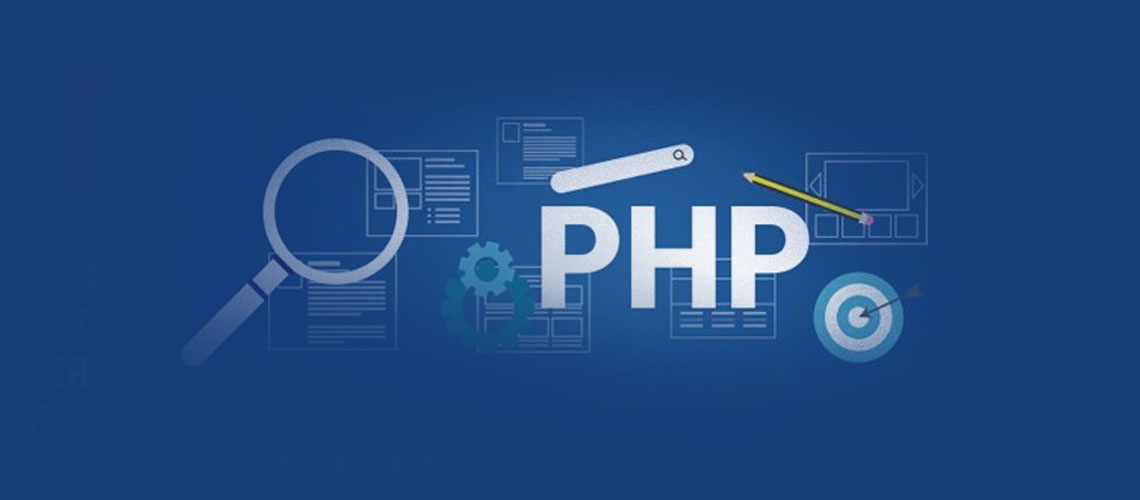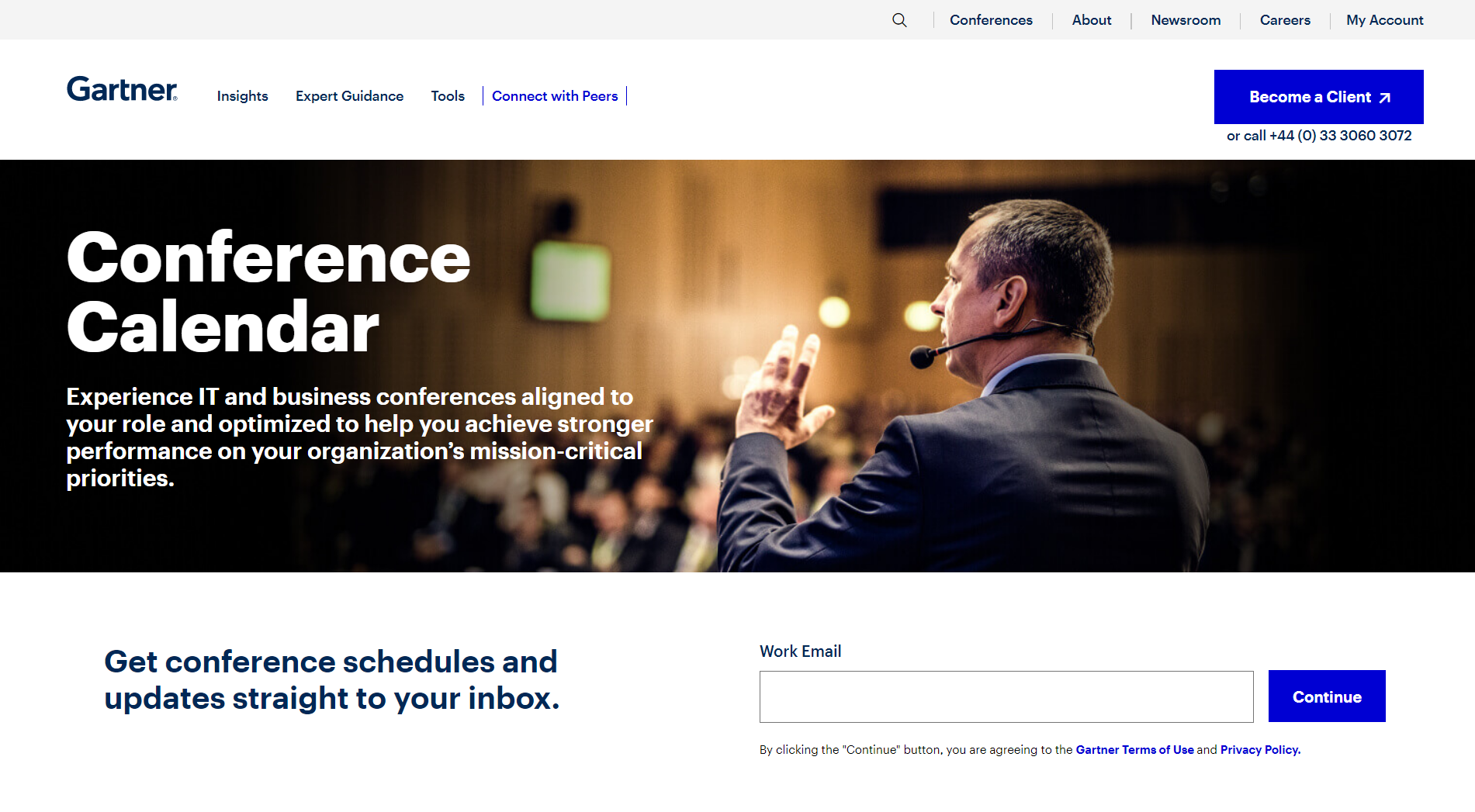
The usage statistics posted on a number of websites clearly depict the popularity and relevance of PHP as a server-side programming language in 2018. There are a number of programming languages that enable developers to build custom web applications with concise, readable, and maintainable code base. But PHP, unlike other programming languages, accelerates custom web application development by providing built-in web development features.
Also, PHP has been evolving consistently to simplify and accelerate development of modern web applications. As an open source programming language, PHP enables small businesses and start-ups to reduce web development cost significantly. Also the same time, the micro and full-stack web frameworks for PHP makes it easier for programmers to build custom web applications rapidly according to varied business needs. There are also a number of reasons why PHP will remain one of the top server-side programming languages in 2018.
Features and Benefits that Make PHP Relevant for Web Developers in 2018
Open Source and Free
Many enterprises nowadays opt for open source technologies to reduce web application development cost. An enterprise can use PHP for developing a variety of websites and web applications. But the open source nature of PHP helps enterprises to curtail overall web development cost. At the same time, the developers can further accelerate web application development by taking advantage of several open source web frameworks and content management systems without increasing project overheads. At the same time, they can make changes to PHP as an open source technology to meet precise project needs.
Supports Major Operating Systems, Web Servers, and Databases
PHP is one of the mature web programming languages. It supports major operating systems like Windows, Linux, macOS and Solaris. Likewise, it supports major web servers like Apache, IIS and iPlanet. At the same time, the drivers provided by the server-side programming language enable developers to work with widely used databases like MySQL, Oracle, MS SQL Server and PostgreSQL. The compatibility further enables programmers to build and deploy web applications with their preferred operating systems, web servers, and databases. At the same time, PHP makes the web application communicate seamlessly with external applications and services by supporting popular web protocols like HTTP, SNMP, POP3, LDAP and COM.
Multiple Options to Execute PHP Code
A web programmer can execute PHP code in a number of ways. While developing a small or simple web application, he can embed PHP code seamlessly into HTML code through the <script> tag. At the same time, he can get the PHP code executed more efficiently through various web frameworks and content management systems to accelerate development of large and complex web applications. There are also a number of PHP micro web frameworks that help developers to build simple web applications without putting extra time and effort. The themes and plug-ins provided by various PHP-based content management systems even enable developers to build websites without writing additional code.
Options to Extend and Maintain Web Applications
Unlike other programming language, PHP does not help developers to keep the source code of web applications readable and maintainable. But PHP is more flexible than several widely used programming languages. It allows programmers to make changes to the source code of a web application throughout the development process. The developers can even make changes to the existing code base quickly to add new functionality to the web application. PHP further allows developers to add new functionality to a web application without writing fresh code. The programmers can extend the functionality of the website simply by modifying the command functions.
A Component of LAMP Stack
Many web developers prefer using PHP as a component of LAMP stack. As a component of LAMP stack, PHP accelerates custom web application development by allowing developers to take advantage of Linux operating system, Apache web server and MySQL. The open source components of LAMP stack help enterprises to build and deploy custom web applications without incurring additional expenses. At the same time, the four interchangeable components of LAMP stack further helps developers to build custom web applications rapidly by customizing the software stack according to precise needs of each project.
A Wide Range of Web Frameworks
At present, a web developer has option to choose from a wide range of PHP frameworks according to precise project needs. The full-stack PHP web frameworks like Laravel, Yii, CakePHP, Zend, Phalcon Aura, FlightPHP and FuelPHP simplifies development of large and complex web applications by providing robust features and tools. At the same time, the micro PHP web frameworks like Lumen, Slim, Silex, Wave and Flight enable programmers to write small and simple web applications without putting extra time and effort. A developer even has option to extend these PHP frameworks according to precise project needs. The web frameworks contribute immensely towards keeping PHP popular and relevant in the long run.
Used by Several High Traffic Websites
At present, many developers use PHP as a general purpose programming language. But PHP is still being used by over 80% of websites as a server-side programming language. Also, it is currently being used by a number of high-traffic and popular websites like Facebook, Wikipedia, Yahoo, Tumblr and Flickr. Many enterprises even make changes to PHP to run high-traffic websites without any interruptions or disruptions. For instance, Facebook accelerated PHP application development by adopting a just-in-time compilation approach called HHMV. The developers also have option to improve the performance of PHP applications by implementing several best practices.
Evolves to Meet Emerging Web Development Trends
PHP, like other open source technologies, is being supported by a large and active community. The members of the community keep PHP popular and relevant in the long run. Also, PHP has been evolving consistently to help developers to build better and faster web applications. For instance, PHP 7.x is about two times faster than its predecessor. Also, it comes with a built-in JIT compiler to compile PHP code into machine language quickly and efficiently. The developers can further write web applications in PHP 7 to reduce memory usage and consumption significantly. The next version of PHP is expected to release in 2018. The upcoming version of PHP will contribute towards keeping the relevance and popularity of PHP intact as a server-side programming language.
On the whole, PHP will remain one of the most popular server-side programming languages in 2018. PHP developers have to put extra time and effort to build applications by using PHP as a general-purpose programming language. They also have to use robust PHP frameworks to build custom web applications according to varied business requirements. PHP will be used widely by developers for building a variety of websites and web applications in 2018.









